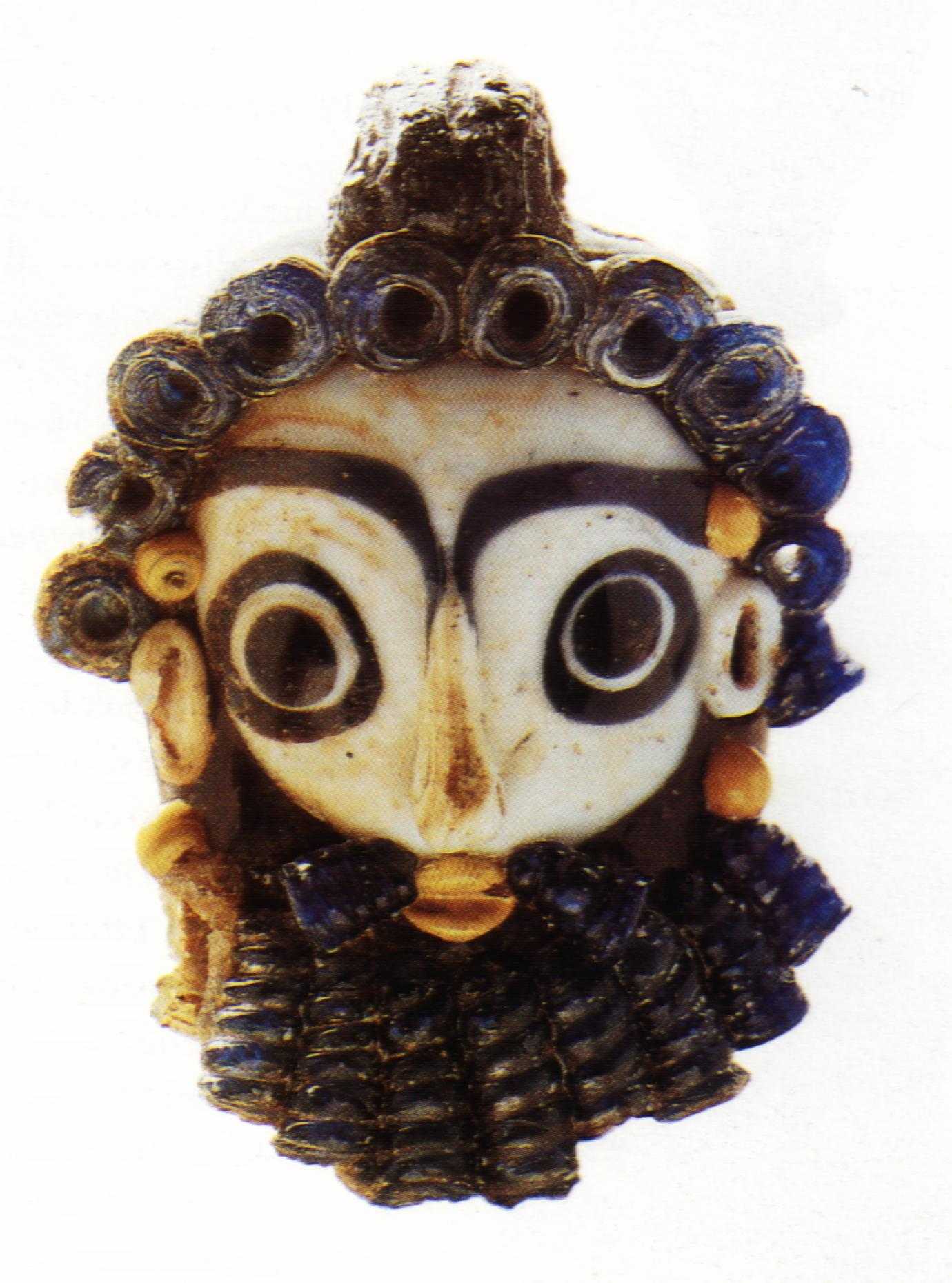PICOF'06


PICOF (Inverse problems, Control and Shape Optimization) is an international scientific conference which assembles senior researchers and scientists, as well as a number of young researchers dealing with mathematical and numerical topics raised by extremely important problems concerning industrial applications. These applications not only come from high technologies, such as aeronautics or space, but also through to the exponential growth of computational capacities, they involve numerous new applications fields, such as life and environmental sciences.
Besides non destructive testing, Inverse Problems techniques have proved their efficiency in underground prospecting or in medical imaging, which is the civil field in which the development has been definitely the most impressive during the few past years. Dynamical systems identification as well as data assimilation, which are crucial in environmental sciences, also involve inverse problems where both available data and physical models are properly combiend, for example for weather forecasting purposes.
Control aims to optimize dynamical systems behaviour, and has thus obvious applications in automatics, which is an essential tool for most industries (space, aeronautics, automotive, telecommunications, …) as well as for services (banking and insurances) and for the study of economic processes. Its techniques also help to solve some inverse problems, which proves the interconnection of the conference thematics.
On the other hand,shape optimization has become common use in high technologies : the design of resistant mechanical devices, of aircraft wings with prescribed aerodynamical performaces or of cars with acceptable sound pollution, are applications each of us benefits from in his everyday life.
Most of these problems may be modelled by equations, the unknowns of which are the quantities and signals characterizing the phenomenon: electrical potential, temperature, density of electrons, satellite position, … The role of the mathematician is to set up tools that allow engineers to compute these quantities from available measurements, and to simulate their behaviour. From this viewpoint, the three thematics of PICOF are concerned with mathematics, algorithmic, and numerical issues. In particular, uniqueness of solutions and their continuous dependence with respect to the data, data completion, singularities detection, optimal shape design, regularization of computational algorithms, design of fast and robust numerical methods . These are the typical problems we are dealing with.
As for the scientific community concerned with PICOF, it lies at the interface between mathematics, engineering sciences, and scientific computing.
PICOF has already been held twice in Carthage (Tunisia), in 1998 http://www.lamsin.rnu.tn/manifestations/SITE-PICOF98/PICOF98-fra.html ) and 2002 ( http://www.lamsin.rnu.tn/manifestations/SITE-PICOF02/Picof-fr-accueil.htm . Each of these editions has attracted more than a hundred participants, and among them 30 and 55 invited speakers originated from several European countries (France, Germany, Austria, Spain; Romania, Russia, Italy, ...), from the Maghreb and from the USA. The participants were researchers as well as engineers.
Though sharing numerous analysis and computation tools, researchers involved in the three topics of the conference seldom meet and exchange ideas in conferences. PICOF aims to cosntitute a steady link, able to foster syntheses and partnerships, and to consolidate its position as the main conference on these topics in the French speaking area.
Besides, by its crossing the Mediteranean sea, by being held every second year, in turn on its Northern and Southern shores, PICOF aims to be the spearhead of a North/South partnership at the highest possible level. Besides conforming the highest scientific standards, the conference is fully concerned by the joint development of Applied Mathematics all around the Mediterranean sea. It is actually the figurehead of a full system, that has been set up for a few years, including a collection of tools intended to promote scientific exchanges with a special focus on young researchers.
INRIA and Université de Nice Sophia Antipolis are organizing this event with Ecole nationale d'Ingénieurs de Tunis (ENIT, Tunisia). Several partners who are contributing to the non formal network are also involved. Among them, the UAM (Madrid), Universities of Sevilla, Firenze, Trieste, Genova, and also the Université Houari Boumediene (Algiers), as well as the Ecole Mohammedia d'Ingénieurs (Rabat) and the Université de Kenitra (Morocco).
Chair Jacques Blum (Université de Nice Sophia-Antipolis)
Members: Amina Amassad (Nice), Laurent Baratchart (Nice), Amel Ben Abda (Tunis), Rajae Aboulaïch (Rabat), Jean-Antoine Désidéri (Nice), Henda El Fekih (Tunis), Caroline Fabre (Nice), Abderrahmane Habbal (Nice), Mohamed Jaoua (Nice), Rainer Kress (Göettingen), Karl Kunisch (Graz), Juliette Leblond (Nice), Mohamed Masmoudi (Toulouse), Jean-Pierre Raymond ( Toulouse), Gunther Uhlmann (Washington), Michael Vogelius (Rutgers), Enrique Zuazua (Madrid).
Chair:
Members: Amina Amassad, Amel Ben Abda, José Grimm, Abderrahmane Habbal, Dany Sergeant
From Wednesday April 5 through Friday April 7, 2006